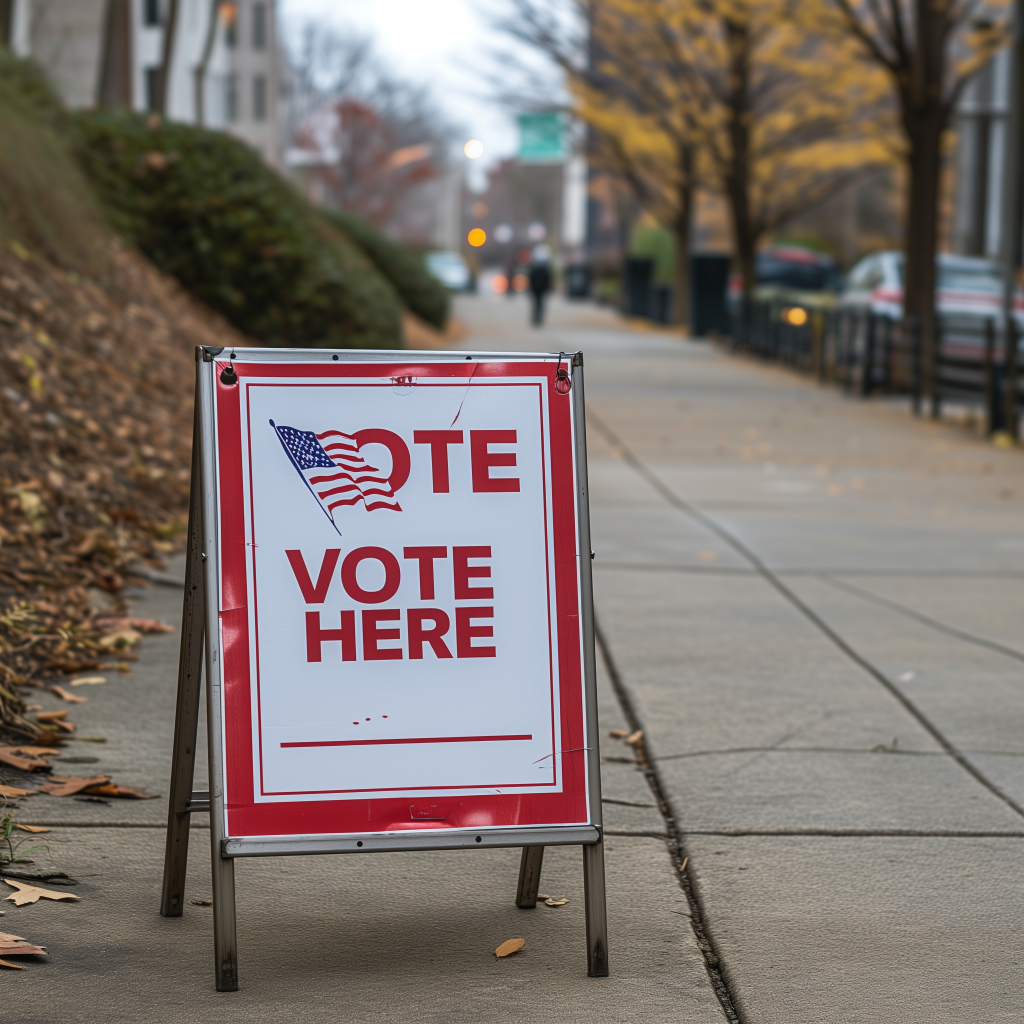A new study by Ronald Fischer and Diana Boer from Victoria University of Wellington shows that money really can buy happiness. This study looked at information from 63 countries and included data from over 420,000 people. The researchers wanted to understand how wealth and personal freedom (individualism) affect people’s happiness and well-being.

The study found that while having personal freedom is important for happiness, money also plays a big role. Money helps people have more choices and control over their lives, which makes them happier.

For example, having money allows people to travel, which can lead to fun experiences and memories that make them happy. Financial stability also reduces stress because it provides a safety net for unexpected problems like medical emergencies or job loss.

The debate over whether money leads to happiness has been going on for a long time. Some experts say that after a certain point, more money doesn’t make people happier. However, this study shows that money continues to have a positive effect on happiness by giving people more freedom and opportunities.

Another example is that money can help people pursue hobbies and interests. It allows them to pay for education, sports, arts, and other activities that make life more enjoyable. People who can afford to do what they love often feel more fulfilled and happy.

The study also highlights that cultural values matter. In countries where personal freedom is highly valued, having money can make people even happier. In countries where community and family are more important, the effect of money on happiness might be different.

This research has important lessons for governments and policymakers. It suggests that not only should they focus on economic growth, but they should also create conditions that allow people to have more choices and control over their lives. This could lead to a happier society overall.

This study shows that money does indeed buy happiness, especially when it helps people have more personal freedom and choices. As countries continue to develop, these findings can help guide efforts to improve the well-being of their citizens in a balanced and sustainable way.






